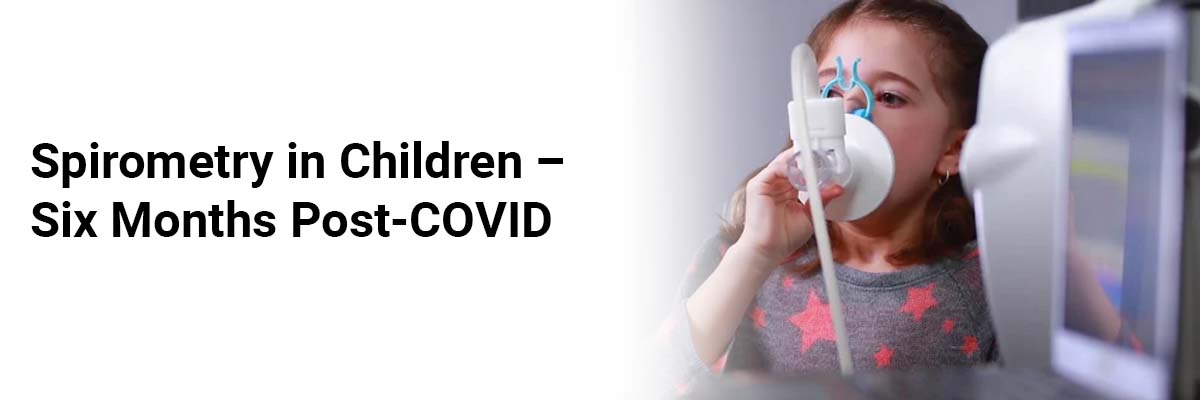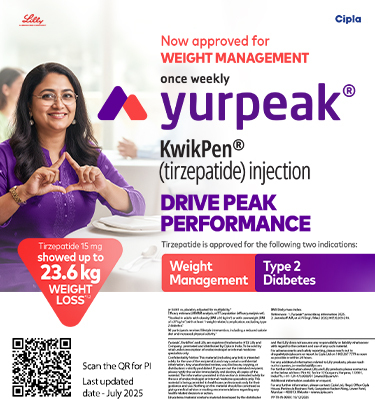
 IJCP Editorial Team
IJCP Editorial Team
Spirometry in Children – Six Months post-COVID
A new study investigated spirometry parameters in children six months after severe acute coronavirus 2 (SARS-CoV-2) infection.
This was a descriptive study conducted at a single center. Children aged 7-18 years were enrolled six months after being confirmed with a SARS-CoV-2 infection. A detailed interval history and clinical examination were documented. Spirometry was performed, and the best of three attempts was considered for measuring forced vital capacity (FVC) and forced expiratory volume in 1 second (FEV1).
Results from 40 children (21 boys) with a median age of 13 years revealed that 30% had abnormal spirometry, characterized by a low FVC (<80%). Among those with abnormal spirometry, 83.3% had FEV1<80%. Underweight children had higher odds of exhibiting abnormal spirometry. No significant associations were found between abnormal spirometry and variables such as – age, sex, severity of the initial infection, and oxygen requirement during the initial infection (P>0.05).
One-third of the children examined displayed abnormal spirometry results six months after SARS-CoV-2 infection. The likelihood of abnormal spirometry was higher in underweight children. The observation of asymptomatic changes in lung function on spirometry prompts confirmation through more extensive studies and extended follow-up periods. This would contribute to a better understanding of the pathophysiology of pulmonary sequelae in pediatric SARS-CoV-2 infection.
Source: Sharanya P, Mishra D, Agarwal A, Keerthana D.Indian Pediatrics. 2023 Dec;60(12):1008-12.

IJCP Editorial Team
Comprising seasoned professionals and experts from the medical field, the IJCP editorial team is dedicated to delivering timely and accurate content and thriving to provide attention-grabbing information for the readers. What sets them apart are their diverse expertise, spanning academia, research, and clinical practice, and their dedication to upholding the highest standards of quality and integrity. With a wealth of experience and a commitment to excellence, the IJCP editorial team strives to provide valuable perspectives, the latest trends, and in-depth analyses across various medical domains, all in a way that keeps you interested and engaged.






















Please login to comment on this article